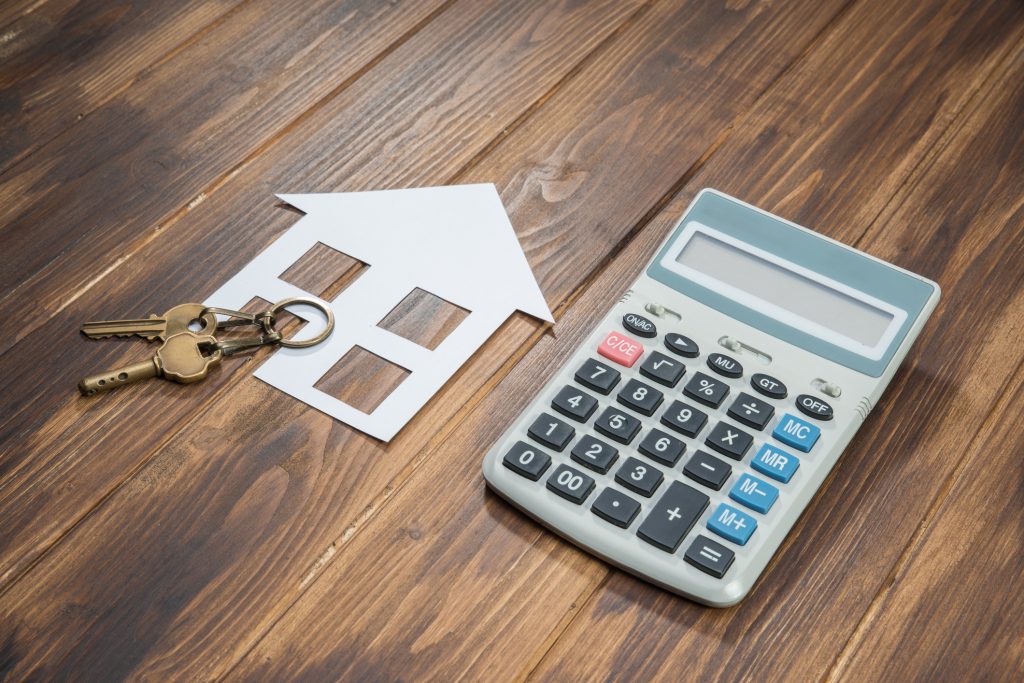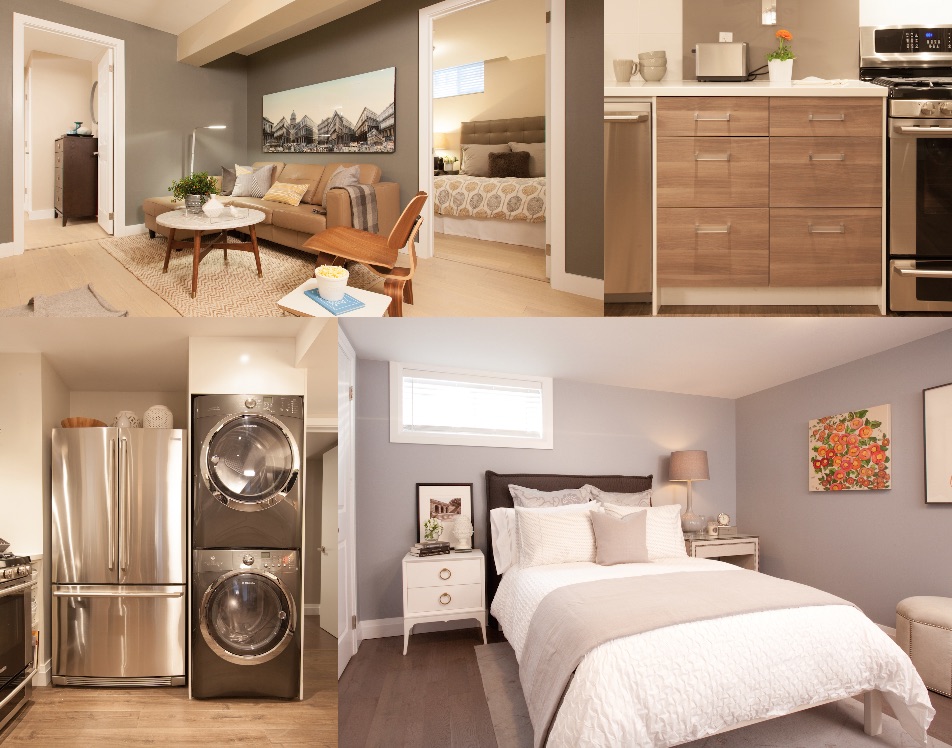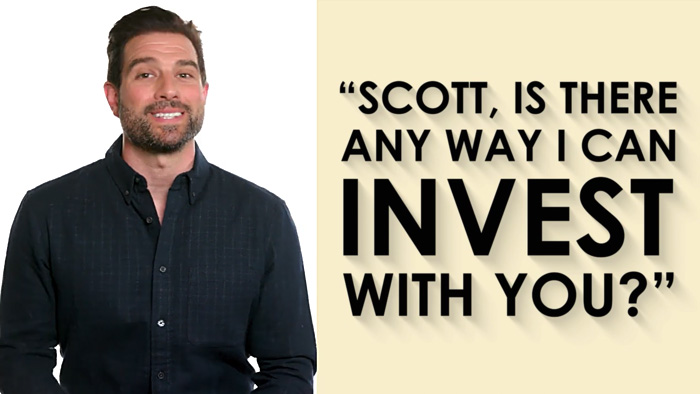Income Suites 101 – Part 3
Financial Feasibility
Once you’ve accepted the responsibility of being a landlord and managing and maintaining an income suite, you need to do some legwork to assess whether this move will be a financially feasible and advantageous one for you.

When homeowners are considering a loan in order to create an income suite, I always suggest that they borrow only as much as they can pay back with two to five years of rental income. I use to recommend two, but house and renovation costs have risen over the years, so that benchmark is getting harder and harder to achieve. Up to five years you’re still making money, but if it takes longer than that it may not make financial sense to become a landlord.

Even if you have cash at your disposal for the necessary renovations, you need to weigh the costs of creating the income suite against the revenue it will produce and the appreciation of the value of the home. There may be some housing markets where you just aren’t going to be getting a decent ROI with income suites. Don’t jump in without doing the math.

Questions to ask yourself before making the decision include:
- What kind of rental accommodation is already available in your area, and what rents are being charged?
- What is your current financial situation?
- Do you have the money to invest in quality renovations?
- Can you borrow any money needed at a reasonable rate?
It doesn’t stop there. There’s a lot more to consider when it comes to making the numbers work…
Next Article: Part 4 – More About the Numbers
Read more about Income Suites

Comments